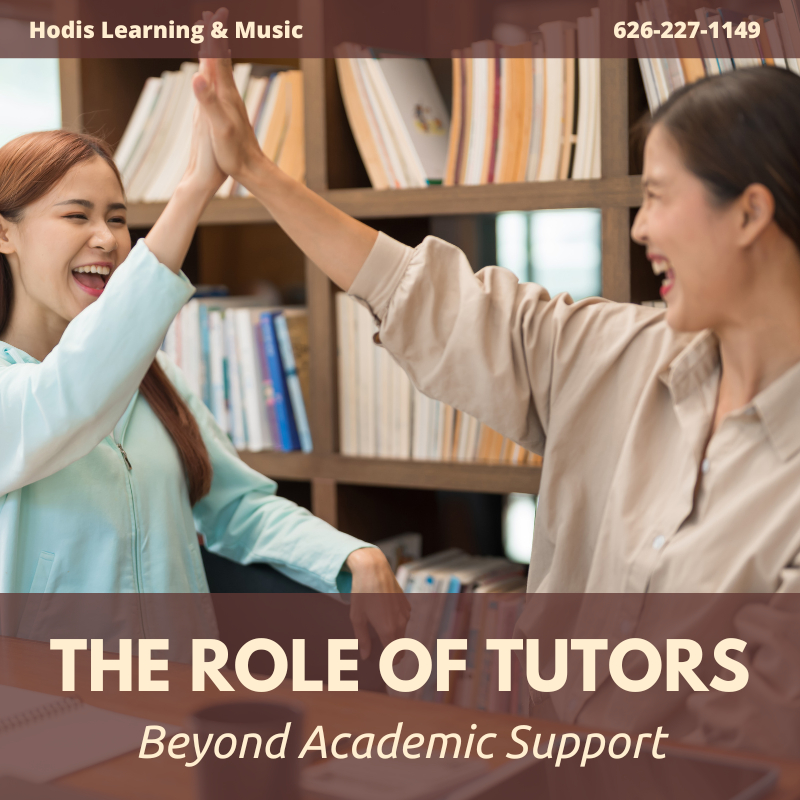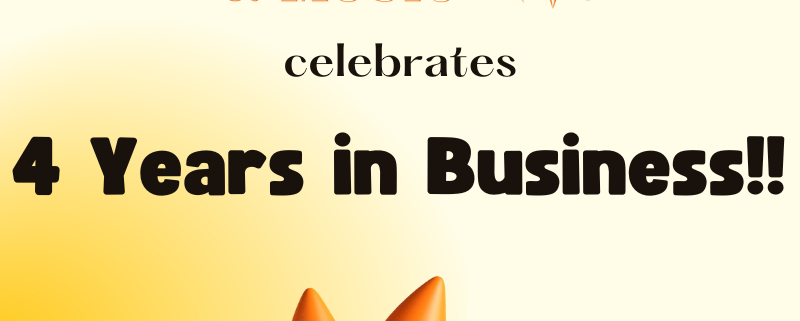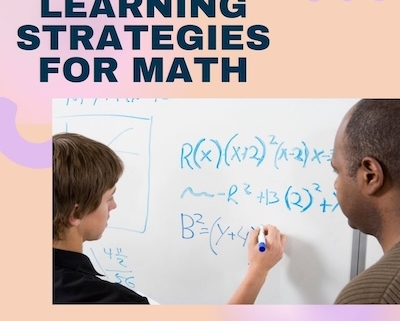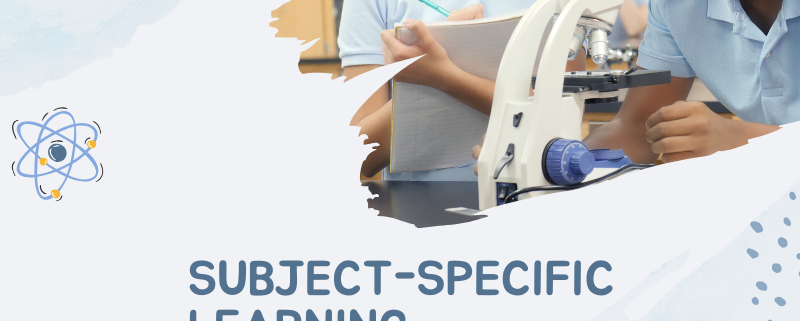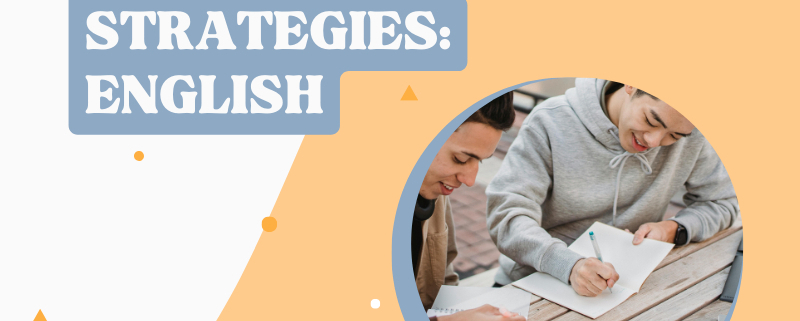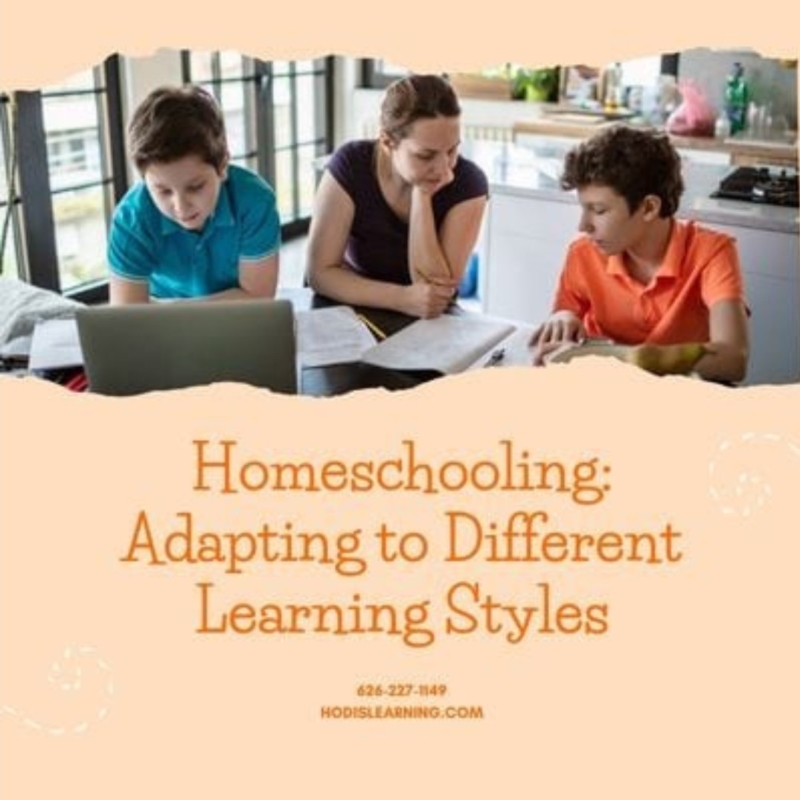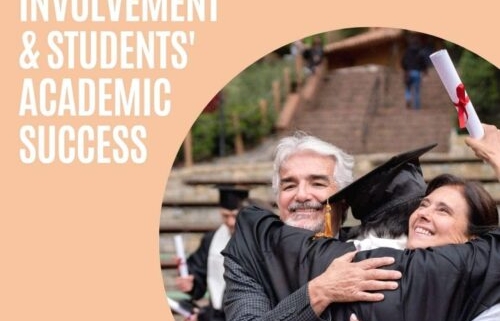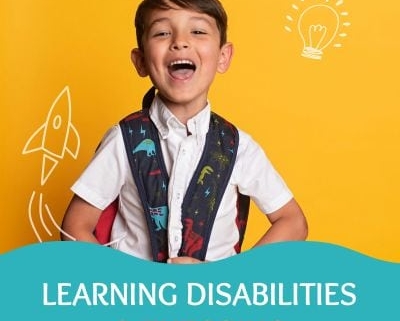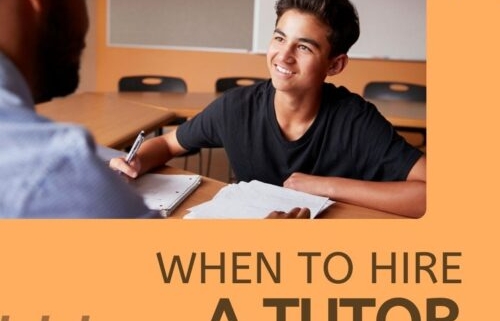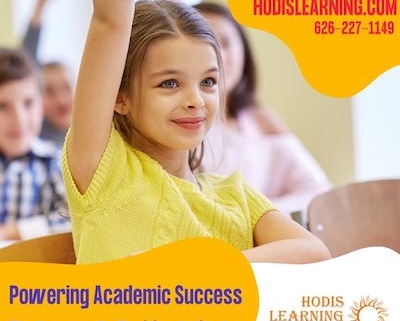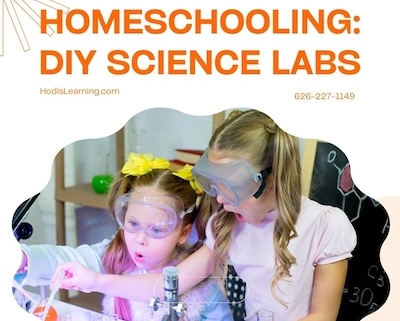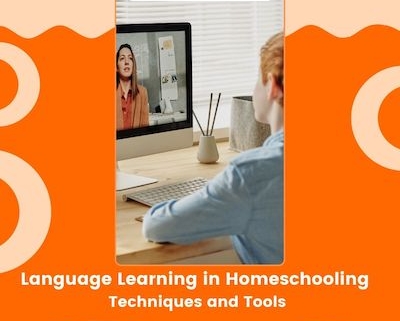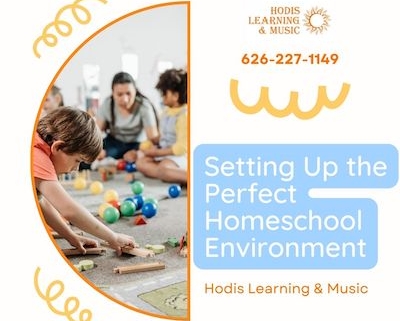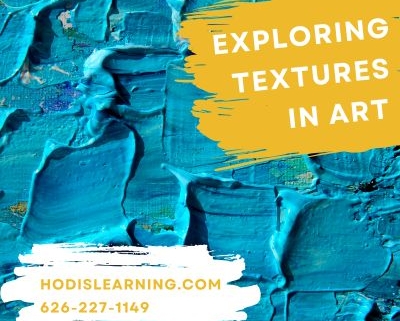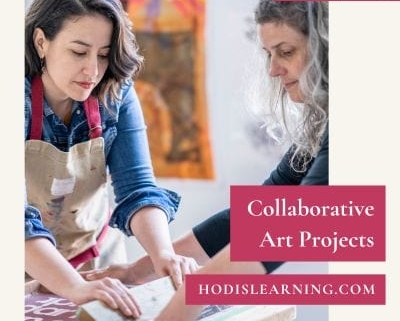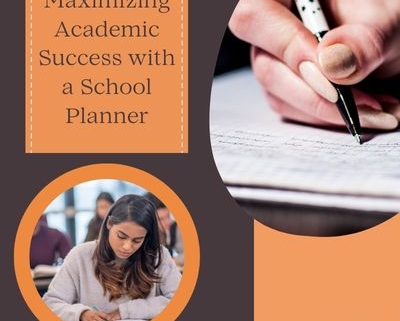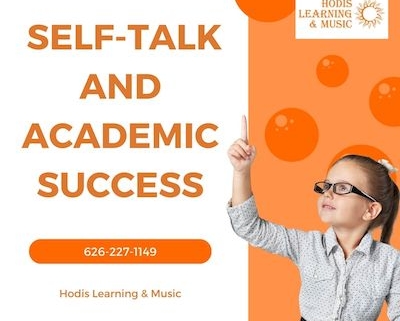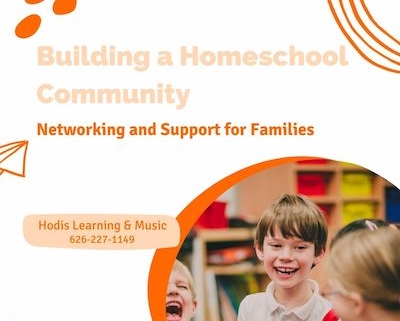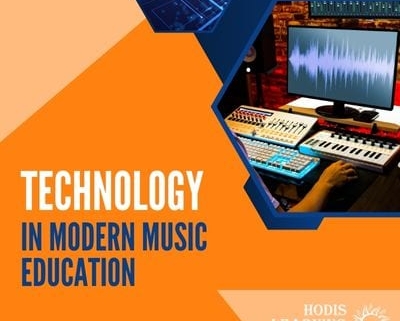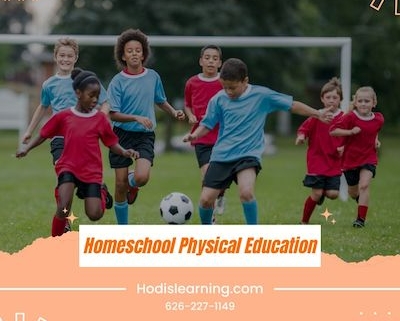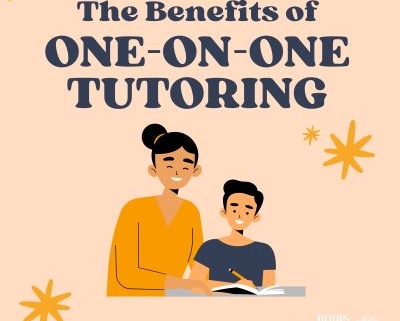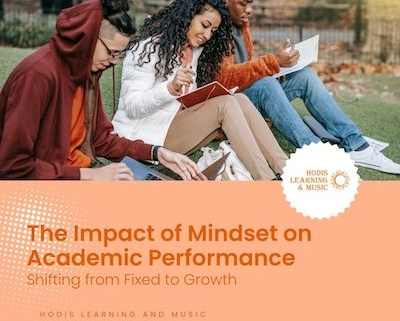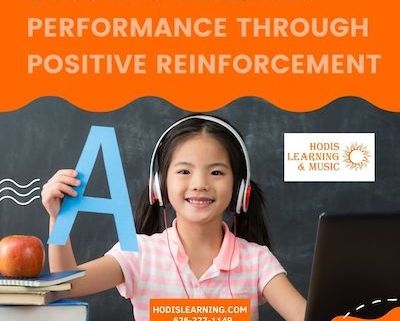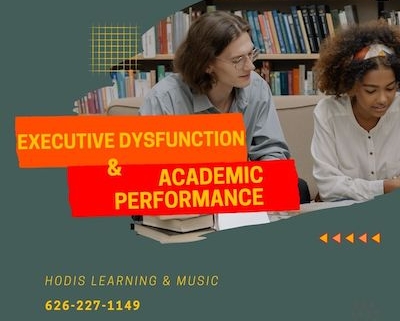Learning a new language opens doors to new cultures, relationships, and opportunities. Whatever your reason for learning a new language, we’ve compiled our top strategies for mastering a new language, common pitfalls to avoid, and the best tools and resources to support your journey.
1. Set Clear and Achievable Goals
Before diving into vocabulary lists or grammar drills, take time to define why you’re learning the language and what success looks like. Are you preparing for a trip? Aiming to pass a language exam? Trying to speak with relatives? Setting specific, measurable goals helps guide your study and keeps you motivated.
2. Embrace Daily Immersion
One of the most effective ways to learn a language is through immersion. This doesn’t necessarily mean moving to another country. You can simulate immersion in your daily life through simple habits:
- Switch your phone and social media apps to the new language.
- Listen to music, podcasts, or radio stations in the language.
- Watch shows and movies with subtitles.
- Label household objects with sticky notes in the language.
By surrounding yourself with the language you’re trying to learn, you absorb vocabulary, pronunciation, and cultural nuance passively and actively.
3. Speak Early and Often
Don’t wait until you “feel ready” to speak; it’s actually through speaking that you become ready. Language learning is an active process, and making mistakes is part of the journey. Practice speaking with native speakers or fellow learners as much as possible. Here are some ways to get speaking practice in:
- Join language exchange meetups or online communities.
- Record yourself speaking and listen back for pronunciation and fluency.
- Practice shadowing: repeat after native speakers in real time to build rhythm and intonation.
4. Avoid These Common Pitfalls
Many learners unknowingly fall into traps that slow down their progress. Here are a few to watch out for:
- Focusing only on grammar: While grammar is important, don’t let it paralyze your progress. Communication comes first!
- Over-relying on apps: Apps are great for drilling vocabulary but often lack context or real-life conversation practice.
- Perfectionism: You don’t need to speak flawlessly to be understood or to learn. Embrace your mistakes, they’re how you grow.
- Inconsistency: Cramming once a week is less effective than short, daily sessions. Even 10 minutes a day can make a difference!
5. Use a Variety of Resources
To keep things engaging and well-rounded, diversify your study tools. Some effective study tools include language apps, flashcards, books, and audiobooks. Other helpful resources include:
- Tutoring services: Personalized tutoring (like what we offer at Hodis Learning & Music!) provides structured learning and accountability.
- Language exchange platforms: Tandem, HelloTalk, or Speaky to chat with native speakers.
6. Get Support from a Language Tutor
While self-study is essential, having a tutor can dramatically accelerate your progress. A good tutor provides personalized instruction and real-time feedback on pronunciation and grammar. A tutor can also serve as an accountability partner, someone who will keep you motivated and remind you of your goals.
At Hodis Learning & Music, our experienced tutors are here to help you master a new language with confidence, whether you’re a beginner or advancing to fluency.
Ready to Take the Next Step?
Let us help you reach your language learning goals faster and more effectively. Whether you’re studying for school, work, or fun, we offer one-on-one tutoring adapted to your pace, style, and schedule.
Call us at (626) 227-1149 or send us a message today to get started with a customized language tutoring plan!


